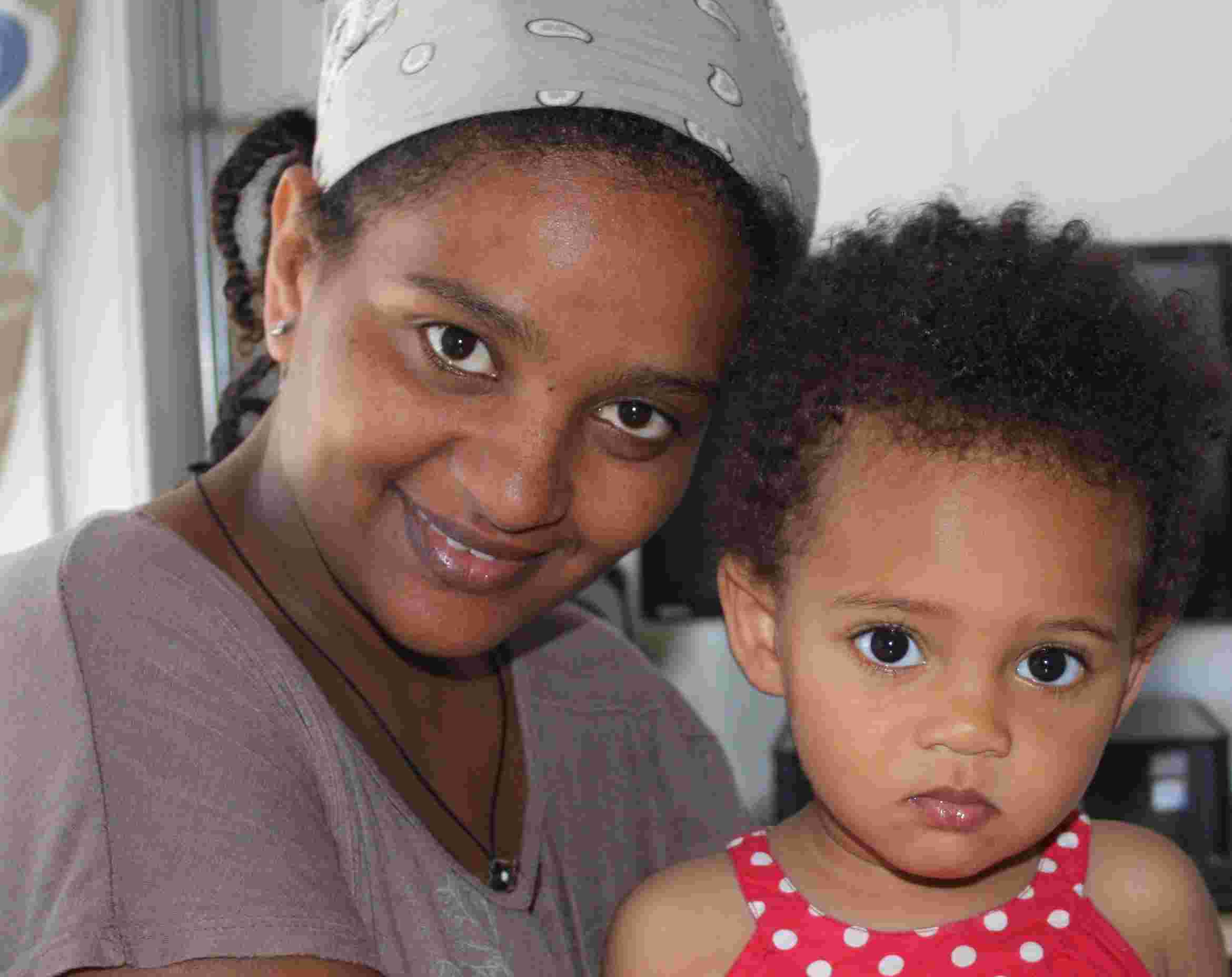Service in The Cathedral of Copenhagen, December 2021.
At this time of the year it is very dark. Many people feel a little depressed, as they seem unable to see what is going on. It is dark outside when we go to work – and it is dark before we come back home in the evening. It is as if we need to put on the candles to be able to see anything at all and to strengthen our trust in the future – the trust in a future that will bring more light and more hope. In the candlelight we like to dream about all our plans, all the things we look forward to: family celebrations, visits from parents, sons and daughters, the holidays together with our friends, the work in the garden and the repainting of the house.
To day we turn on the candles in the Cathedral of Copenhagen and it is my hope that you and all the displaced people in the world can look into a brighter future, but I know, that for most of you it is very difficult.
It is very difficult for refugees and for displaced people throughout the world to find – and to see – the perspectives in life. In some strange way displaced people have lost their history, the past - as well as the future. Many of you know that all too well.
When you leave your home as a refugee all the well-known things in life disappear: your house, your neighbors, parts of your family, the place you come from, your country – and all the people that know you - and give you your identity. The people that knew you were a fantastic teacher, a brilliant student, an honest man, a good friend.
By being displaced you lose your entire footing! Not only the past, the history - but also the future. Whatever plans you had - the plans disappear. And I believe it is very hard to imagine what is going to happen next. Can we find a safe place to live, can vi get a job, can our children go to school? It is hard to say. It is hard to see. We don’t know.
I remember my visit I Amman, Jordan, 2015. I meet Adil – a refugee from Syria. After having talked to him for an hour I was about to leave, when he said: “I know that my life is over, but I am so sad that I am not able to give my children a future”. Or the woman sitting on the floor with her two daughters, saying – when I asked about her wishes for the future: “Oh, I miss Aleppo so much”. Not the Aleppo as it was at the time we spoke, but her lost Aleppo.
More than 80 million refugees are in similar situations. 80 million human beings. 80 million lives. Trapped in refugee camps – caught in no-man’s-land. Blinded regarding their future existence. They have lost sight of a dignified life.
And here we are – in the rich world, the world without conflicts, the world without displaced countrymen, the world without poverty, the world without the heavy losses that refugees experience. Scared by the huge refugee numbers and worried by the risk of losing our welfare, we are more focused on protecting ourselves against the refugees than on protecting the refugees against persecution.
The fear has overwhelmed us and has undermined our humaneness and our ability – and will – to put ourselves in their place. We - as host community - have changed. And I am afraid that the world has changed. We look at refugees as numbers, we do not dare to look them into their eyes, look into their soul – the soul that makes us human beings.
We need to get back to our basic values and remember the words from United Nations Declaration on Human Rights: “All human beings are born free and equal in dignity and rights.” This is not only valid regarding our family, our clan, our village, or our country. It goes for all people on the planet. If we do not accept that as a basic rule – we are in big trouble in a globalised world. The number of conflicts will increase, the number of displaced people will grow and so will the global inequality.
So, we need to find again our humanitarian values – and they are actually easy to find, as they are part of the constitutions of all democratic nations. But paper is not enough – values must be implemented – and unless we can do that, we cannot live up to the famous sentence: “Leave no one behind”.
Thank you.
Tale af Andreas Kamm v. lysgudstjenesten i Københavns domkirke den 8. december 2021

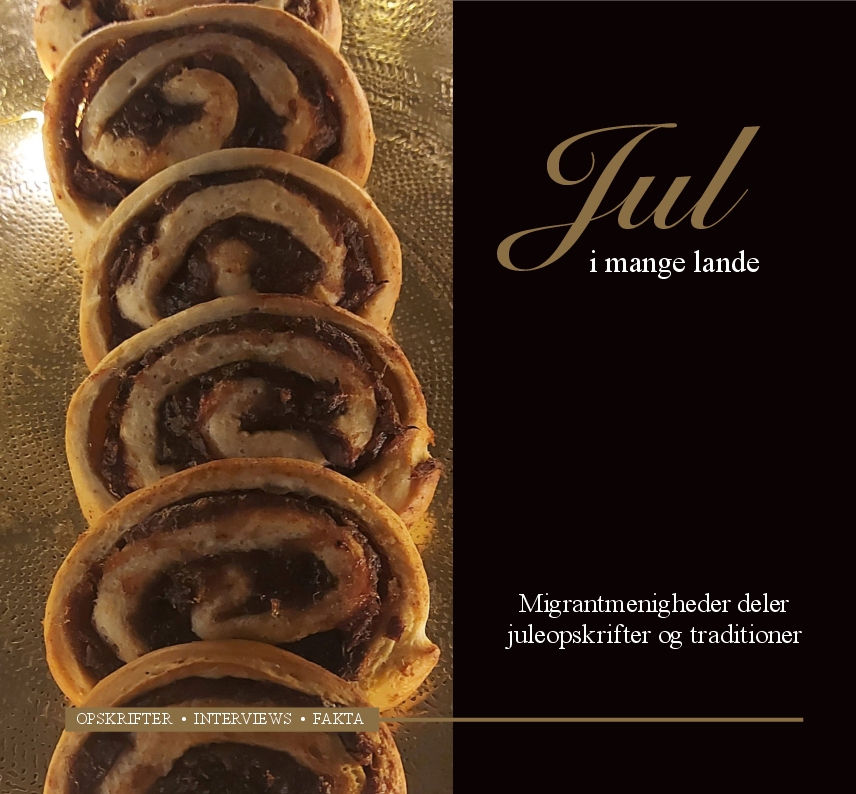
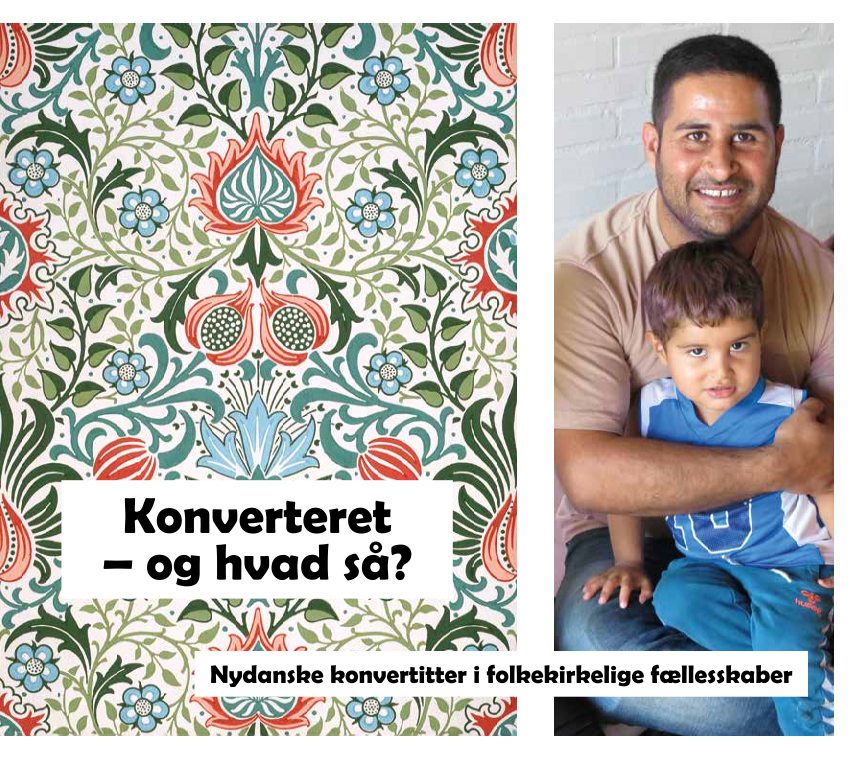
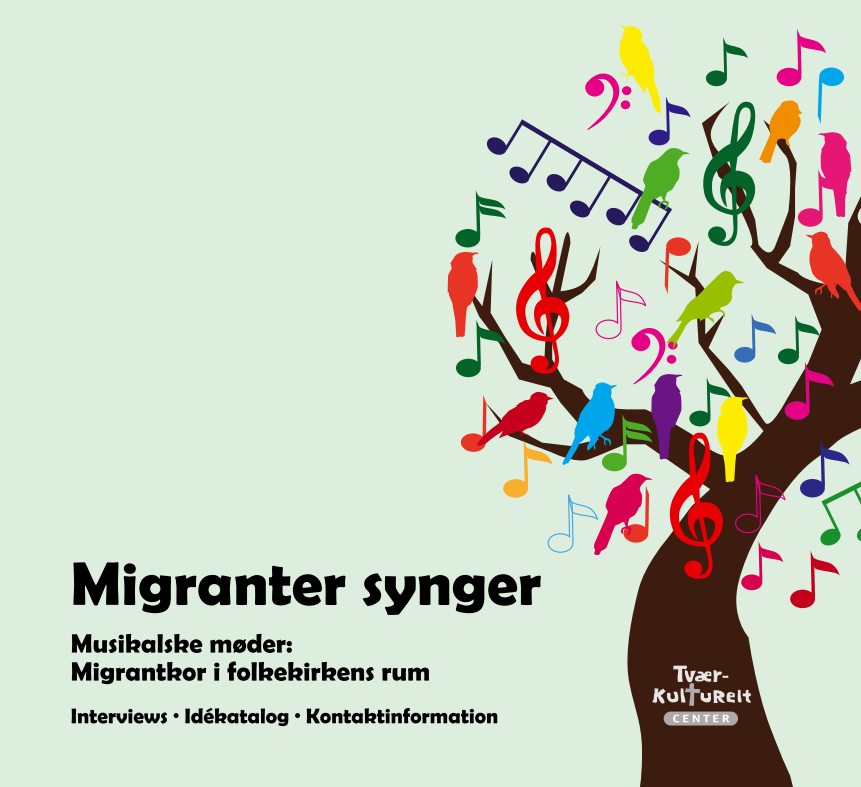
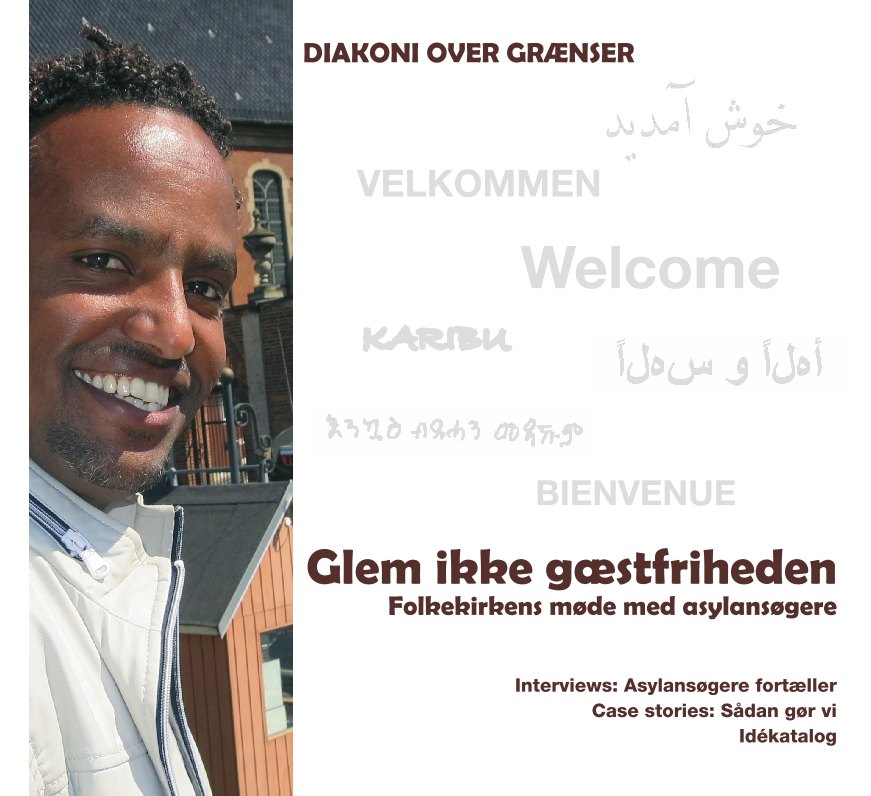
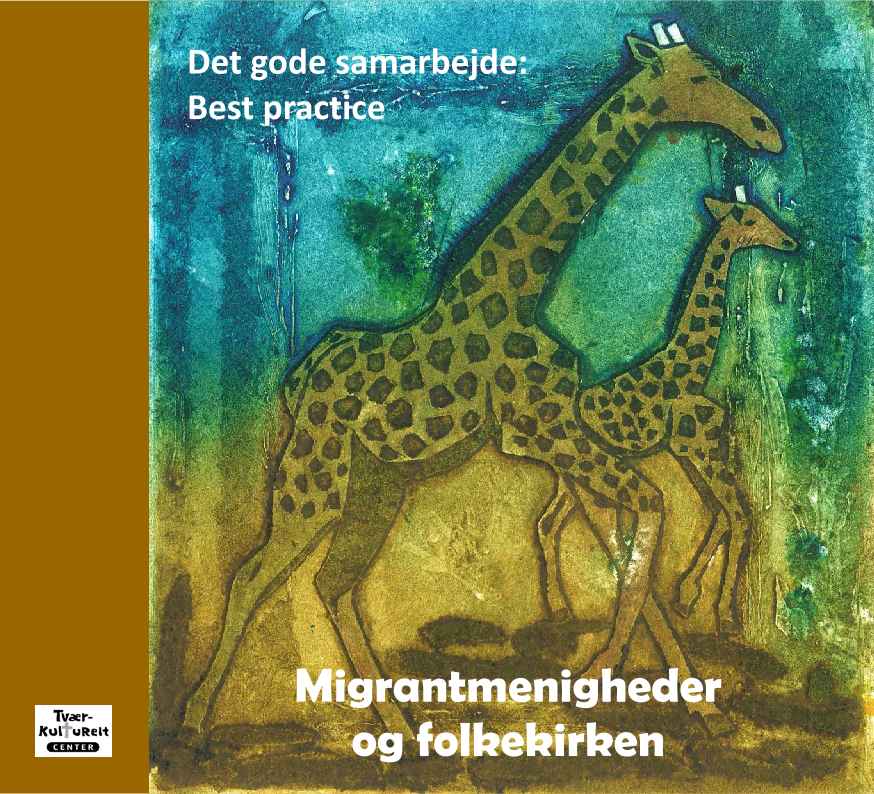
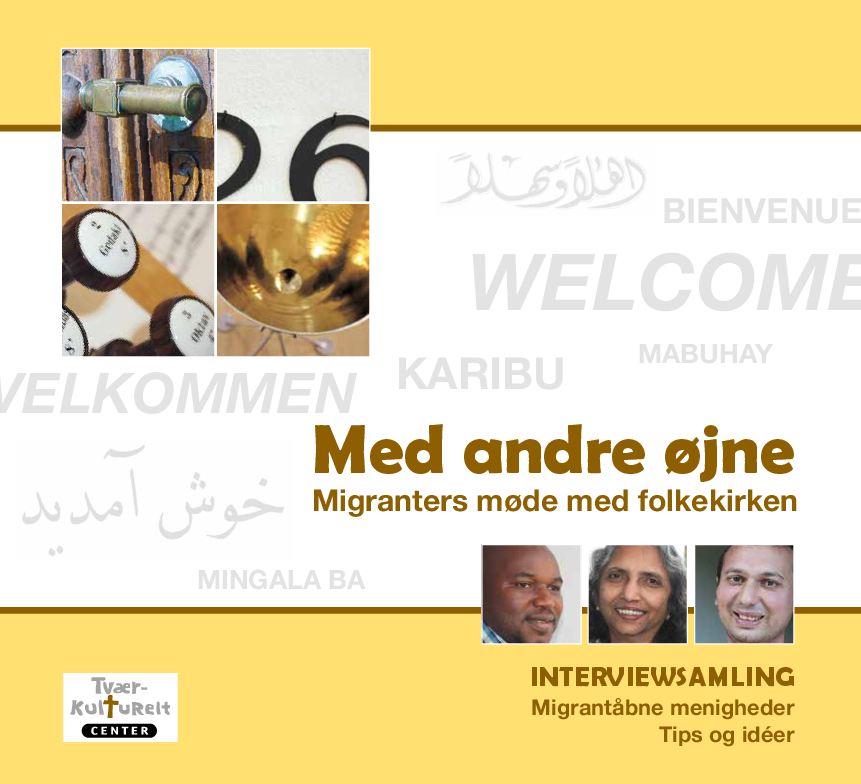
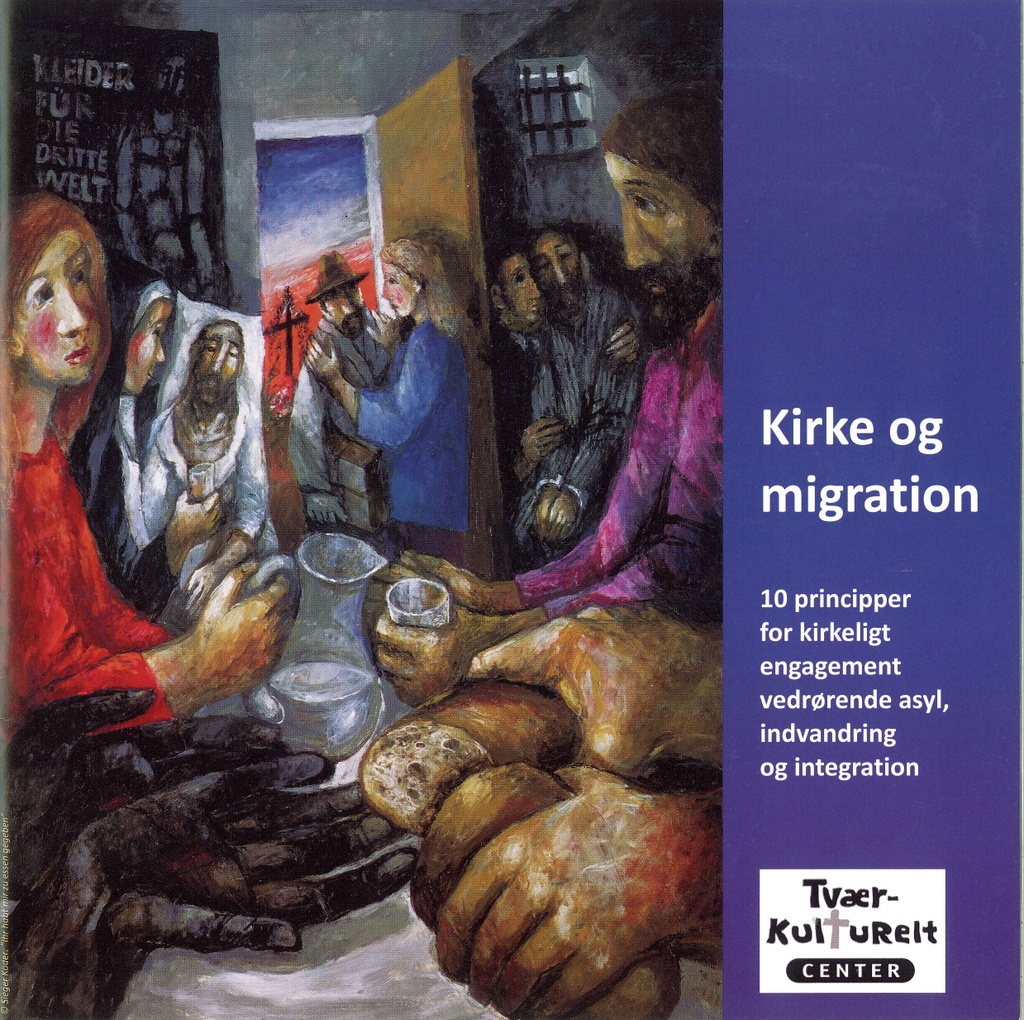 10 principper
10 principper 